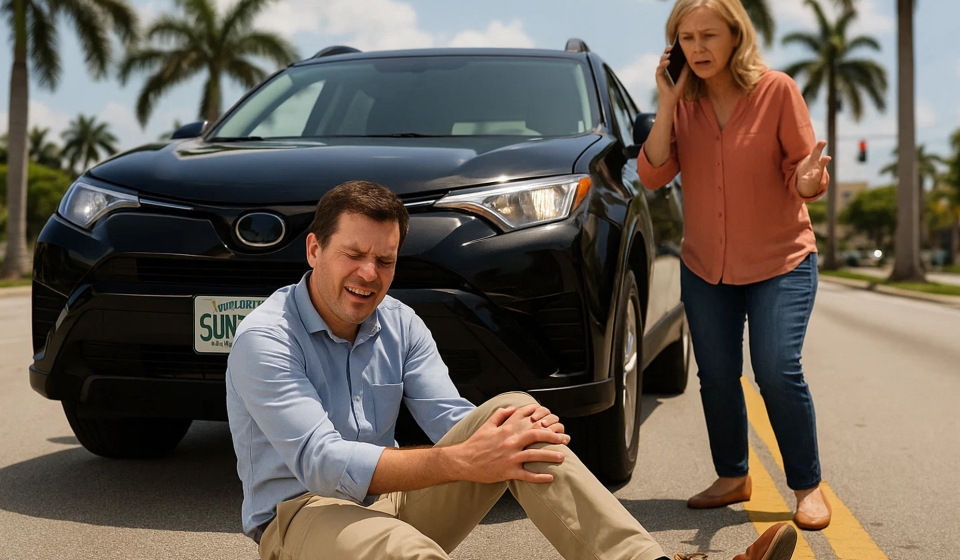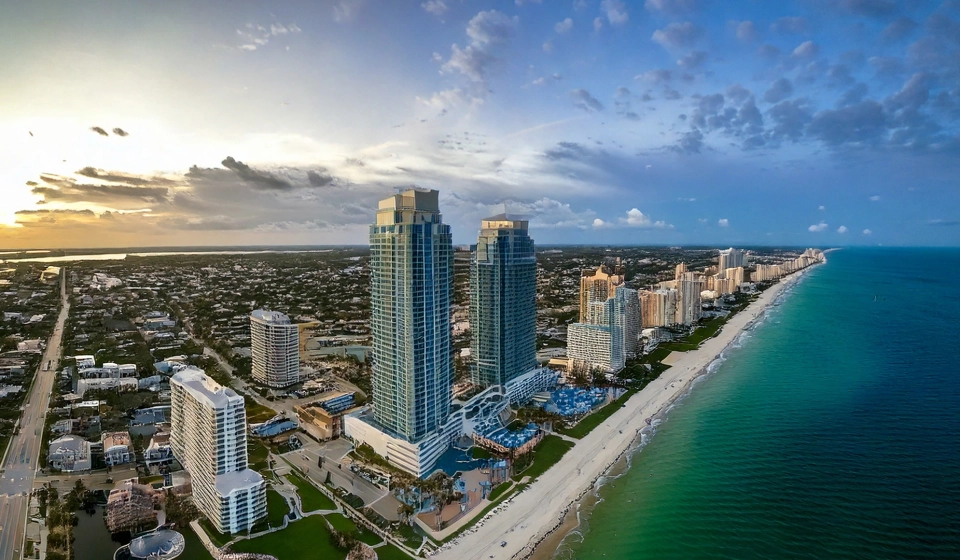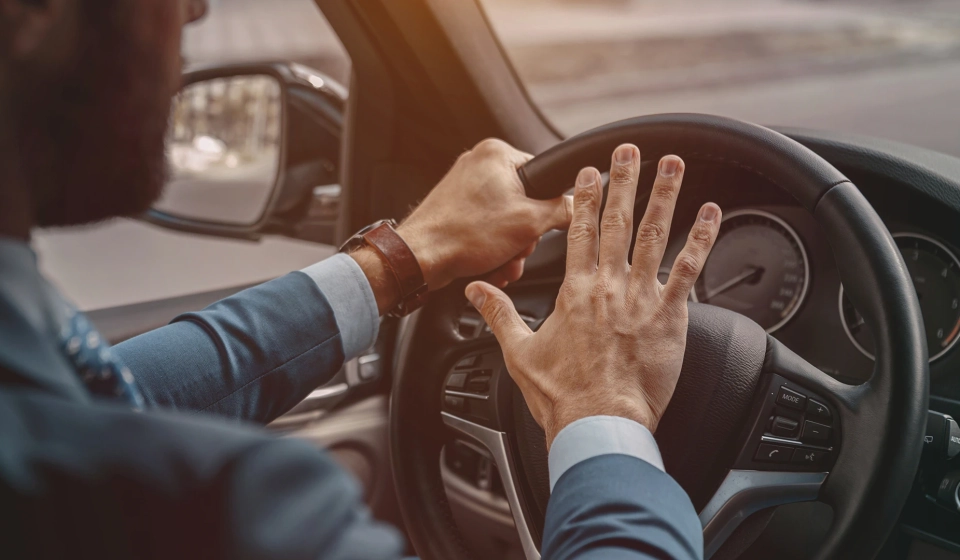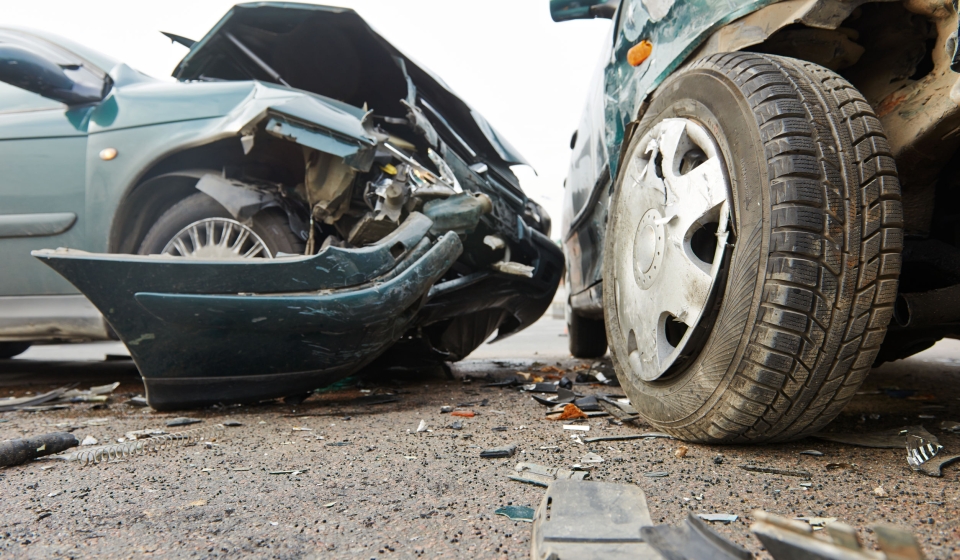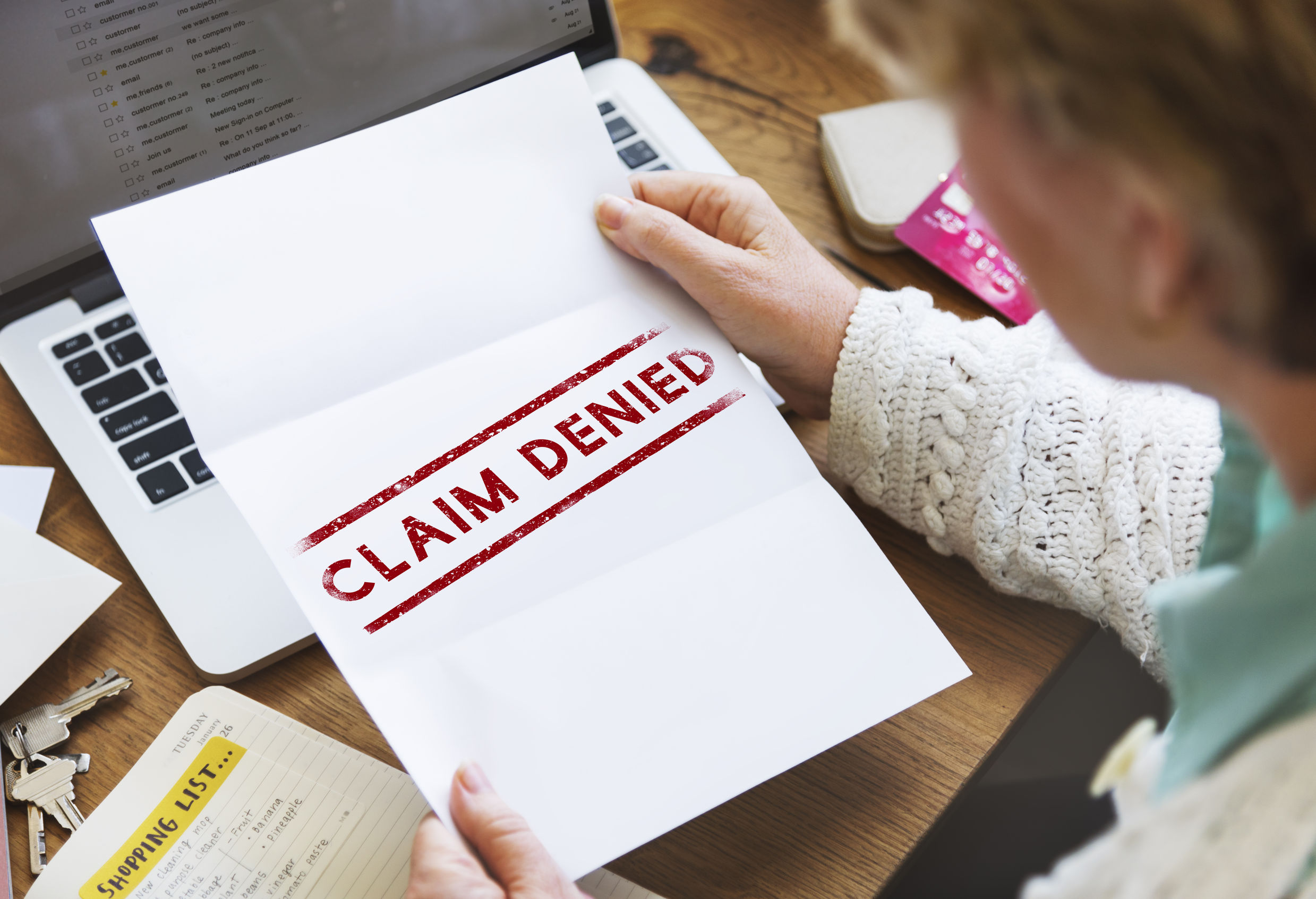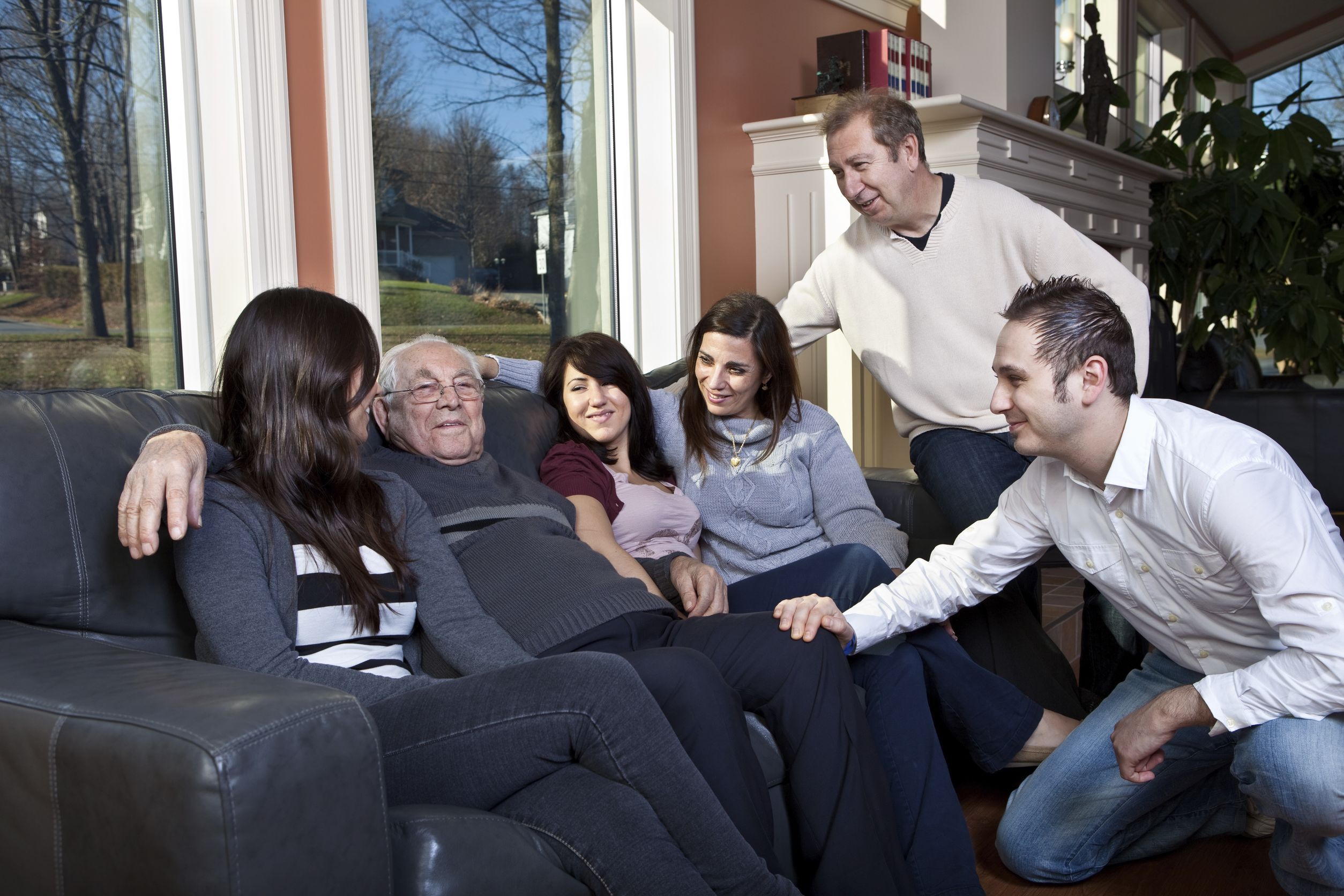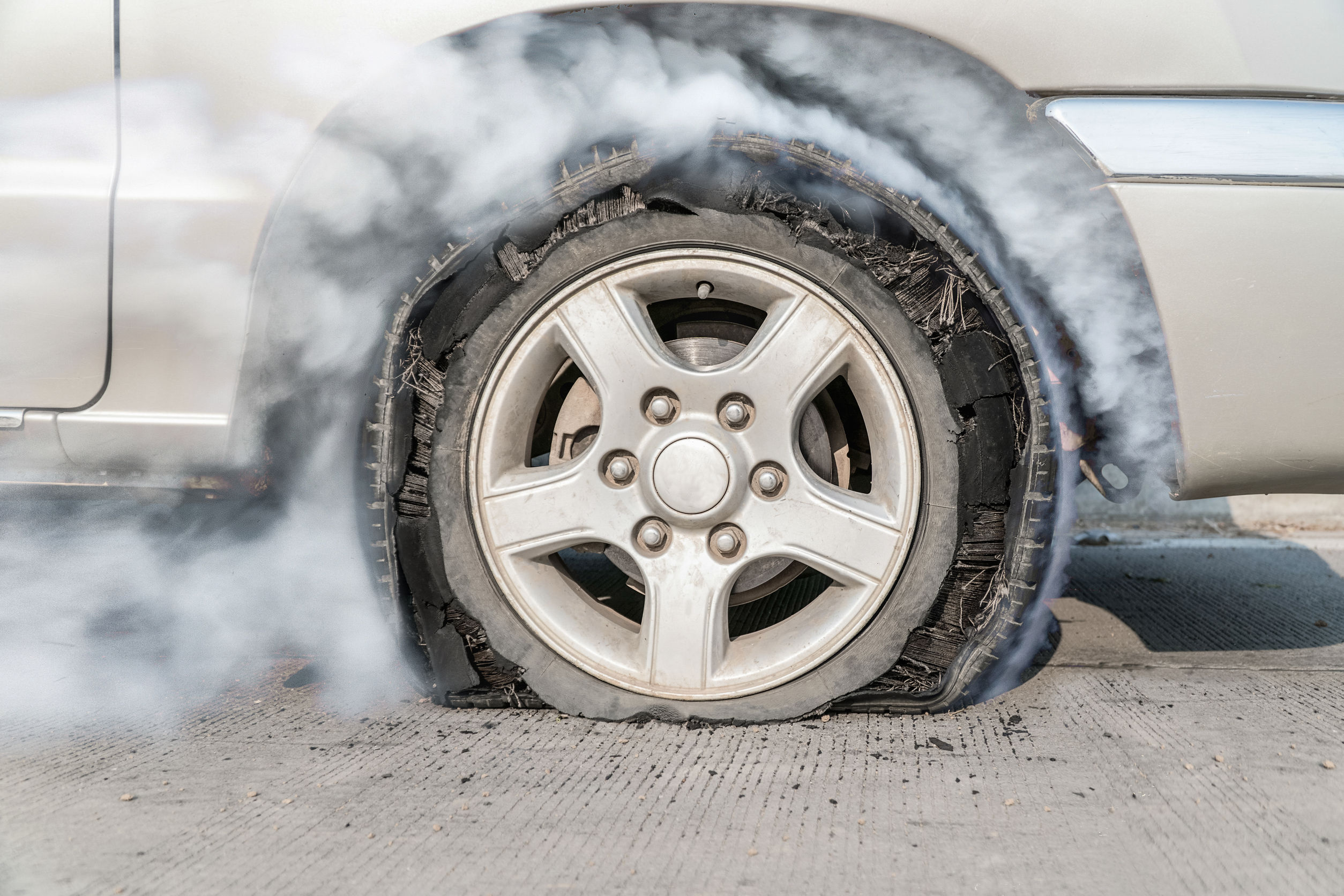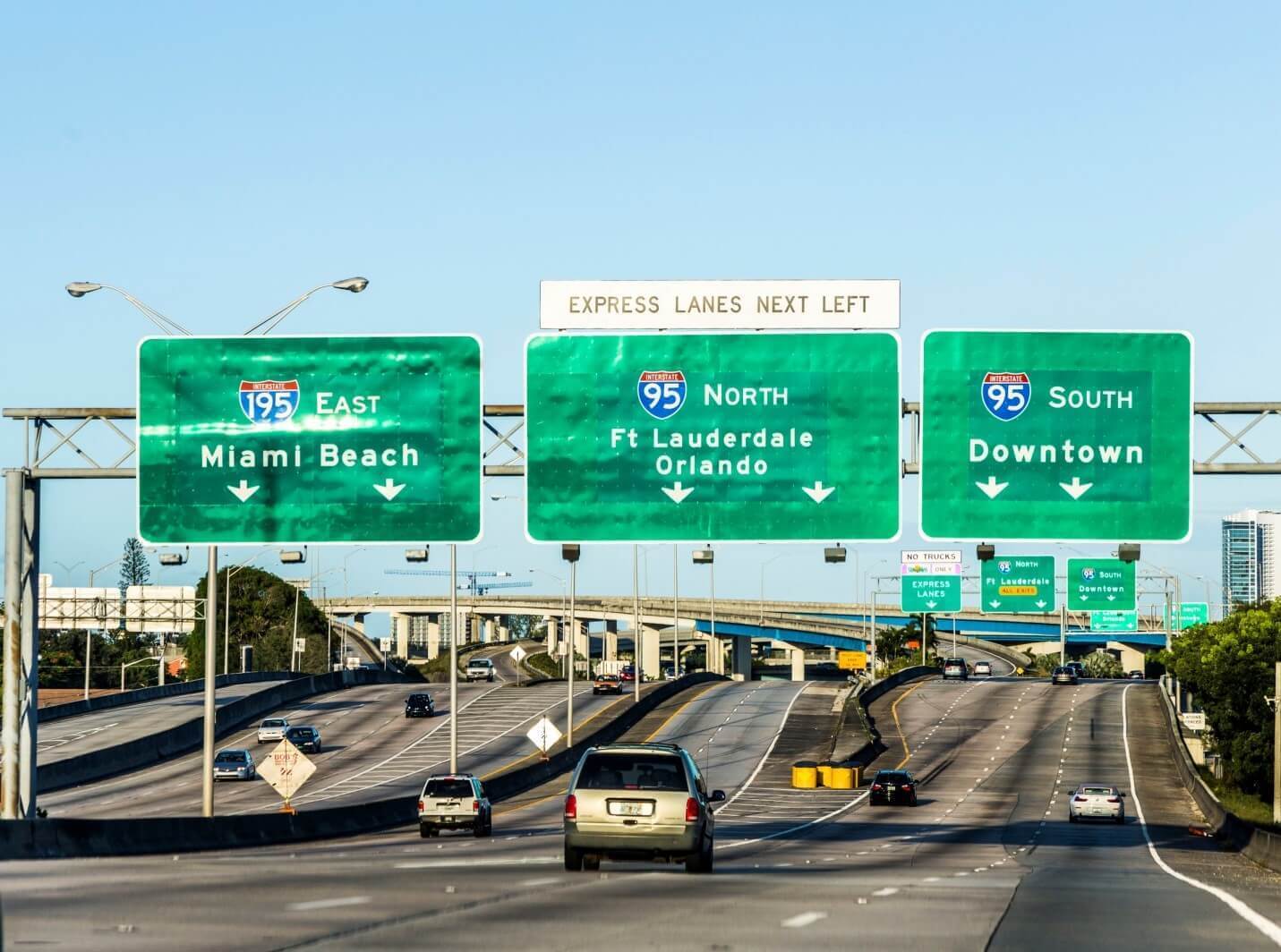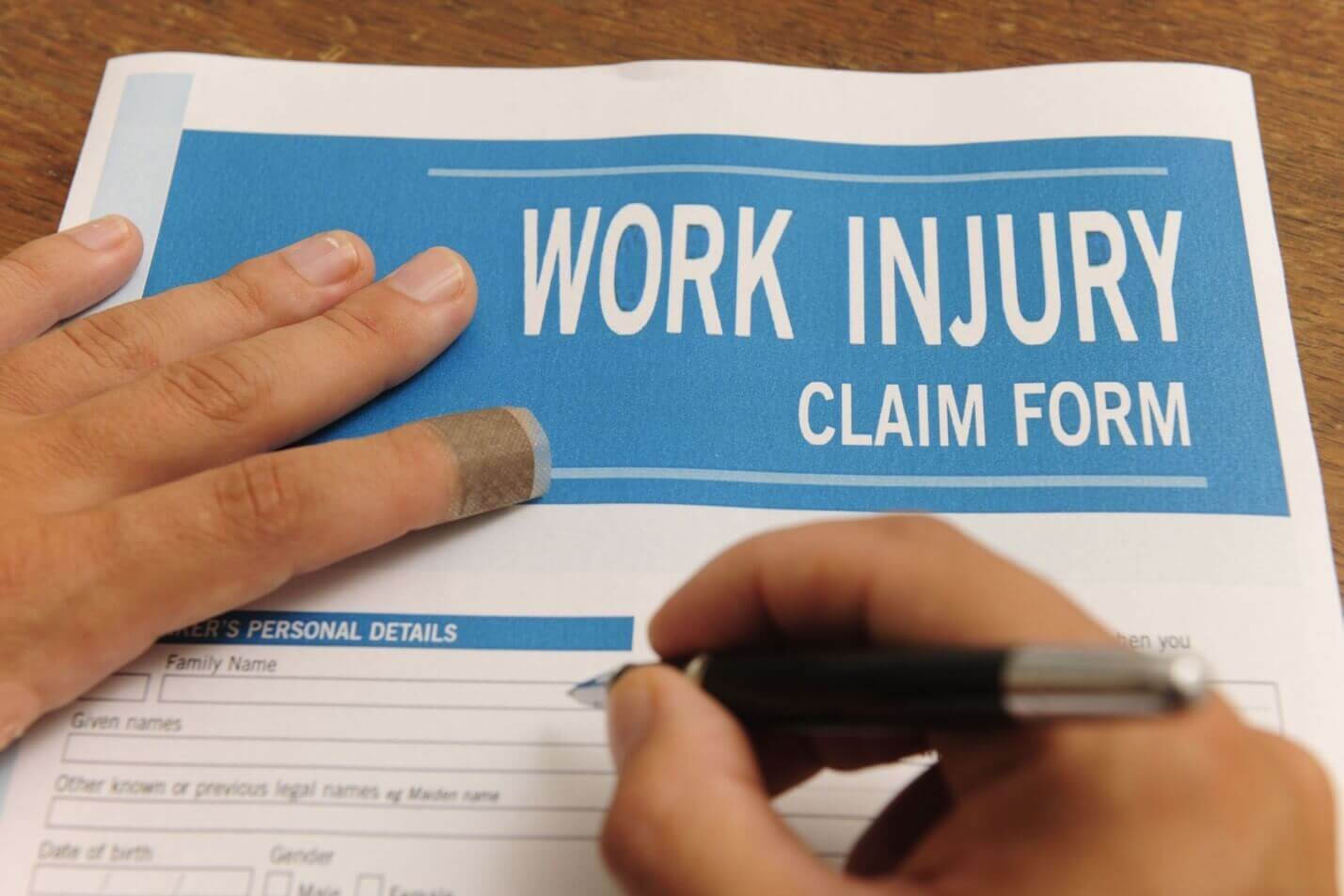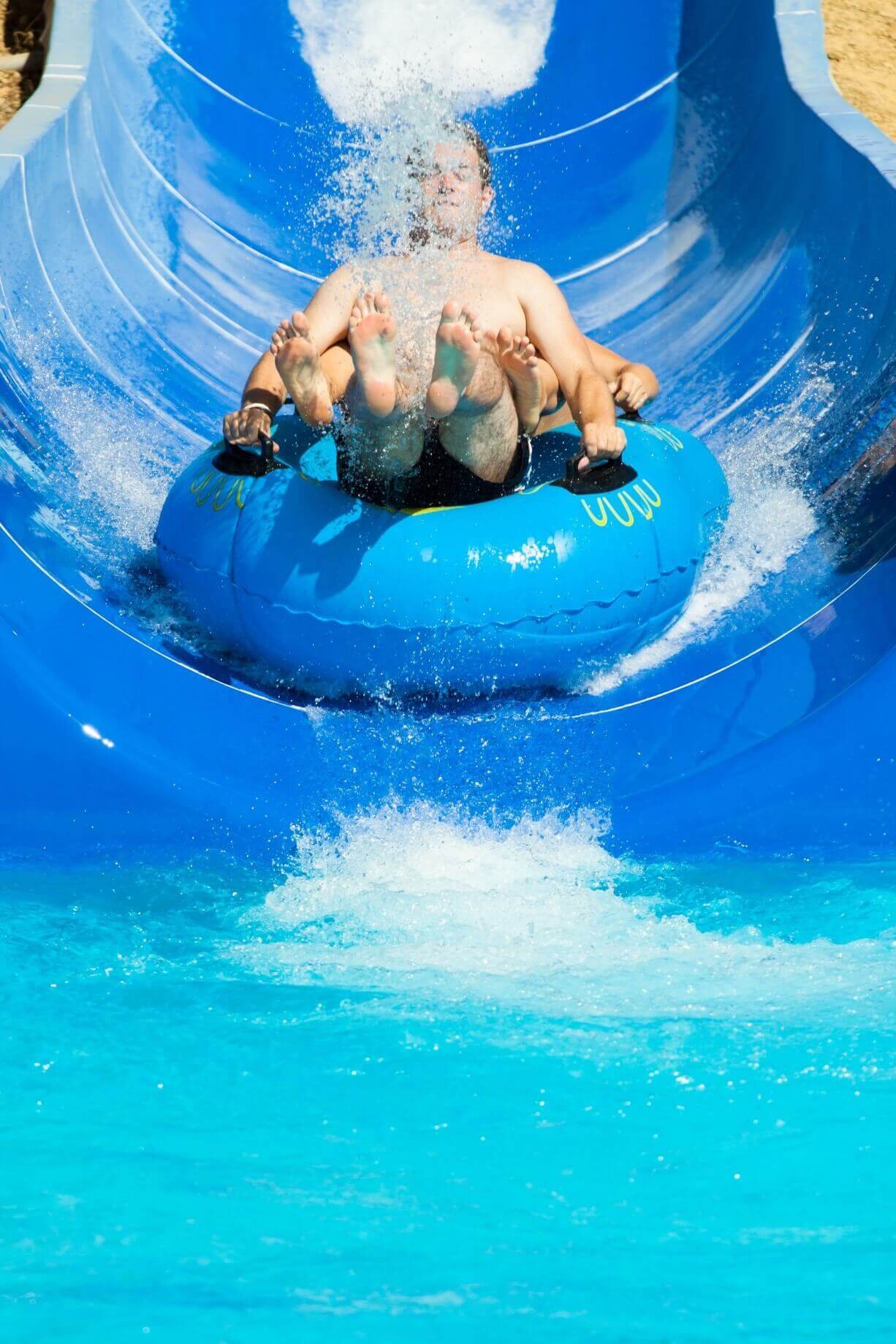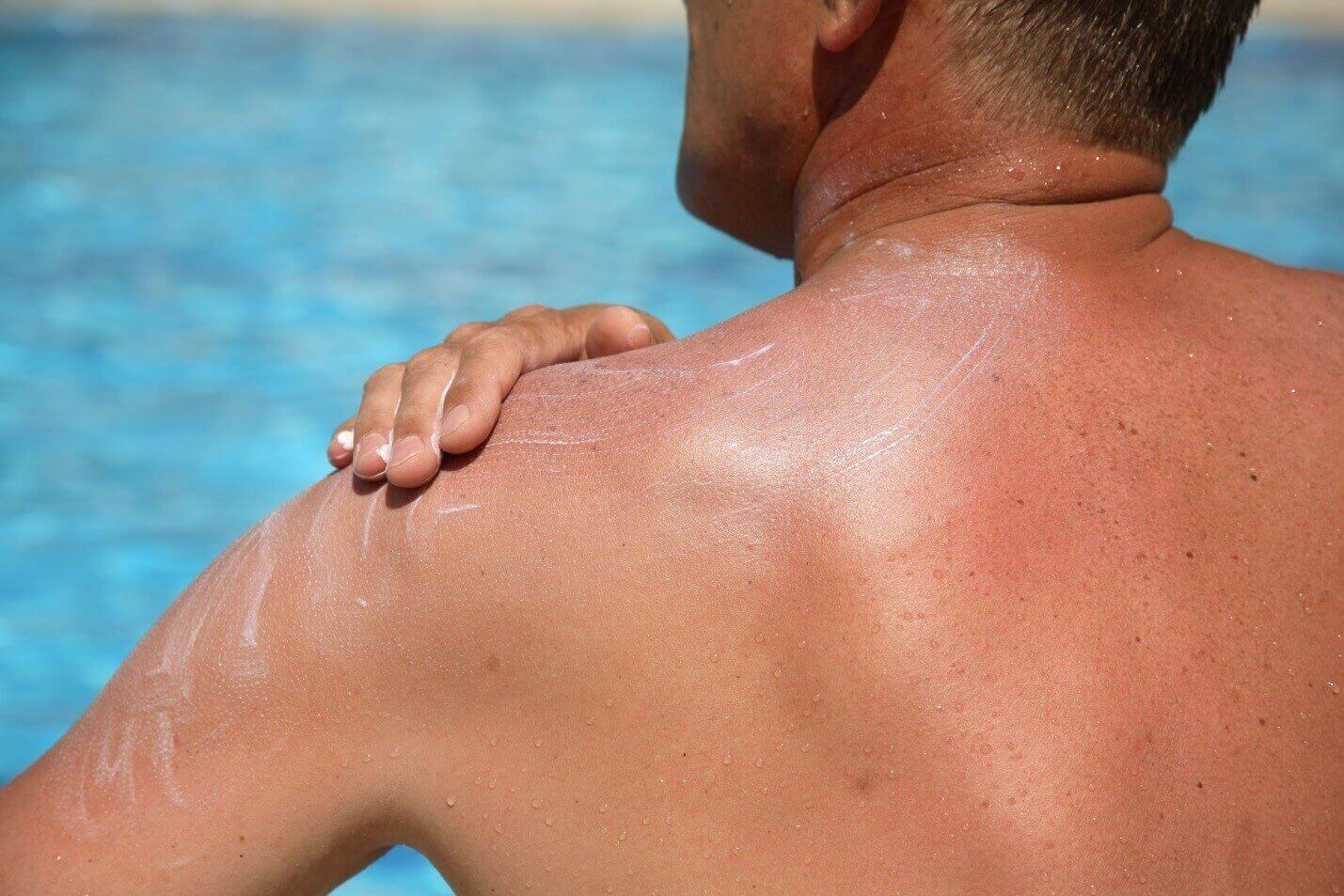Kids can be wild. They can be careless and clumsy.
However, if your child falls at school and is seriously injured, don’t assume it is your child’s fault. The school still has a duty of care, and if their negligence led to your child’s injury, Florida law says that you can hold them accountable. In this post, we’re going to show you what to do.
How a School Injury Can Occur Due to Negligent Actions
Let’s say your child was injured at recess when another child threw a rock at them, causing them to slip and fall. The fall resulted in a concussion, and now your child has ongoing cognitive function loss. Can someone be held liable in this situation?
Possibly. This isn’t an easy answer. It may potentially involve more than one responsible party. Let’s break it down:
- The school could possibly be held at fault for having rocks available on the playground in the first place.
- The teaching staff or administrators could be held liable for the other child’s aggressive behavior if it had a pattern of going unchecked and no discipline was given.
- You may also have grounds to sue the school district if the children were not properly supervised.
- Finally, you may be able to file suit against the other child’s parents for medical damages. An experienced attorney will know which details of your case will point to the party or parties who are liable.
Other situations may be less complex. If a broken tile in the school or a crack in the playground pavement caused your child to slip and fall, the school district could be held liable under premises liability. Schools have a duty to keep their properties free from unsafe conditions, and the crack could be grounds for a personal injury lawsuit.
However, it is important to note that a slip and fall lawsuit against a privately-owned entity is quite different from a slip and fall suit against a public one.
How Lawsuits against Public Entities Work in Florida
If your son or daughter attends a public school, the lawsuit must follow certain procedures since the school is owned and operated by the government. In particular, filing procedures are strict and must be followed carefully, or your case will be dismissed.
A notice of claim is the first step in filing a lawsuit against a school district. It describes the incident, the wrongful action, the injuries, and a request for financial compensation. Normally you have only 60 to 90 days after the incident to file the notice of claim.
The school district will then investigate and either deny your claim or offer a settlement. If a settlement cannot be reached, the case will continue to court. In the state of Florida, you cannot file a lawsuit until 180 days have passed after the notice of claim is filed with the school district and the state’s Division of Financial Services. Moreover, you must file your claim within three years of the incident.
Here are the specific limits from the Florida statutes on tort claims. The compensation limits are $200,000 per person or $300,000 per occurrence. Only further acts of the state legislature can approve higher payouts.
Since school lawsuits are so complicated, your best bet is to enlist the help of an experienced Florida injury attorney. Call today for your free consultation.
About the Author:
Jeffrey Braxton is a trial lawyer in Fort Lauderdale who has devoted his career to the practice of personal injury law. As lead trial attorney for the South Florida Injury Law Firm, Jeff has litigated thousands of cases and is a member of the Million Dollar Advocates Forum, an exclusive group of attorneys who have resolved cases in excess of one million dollars.




